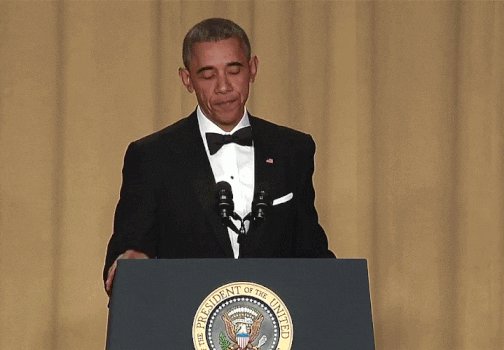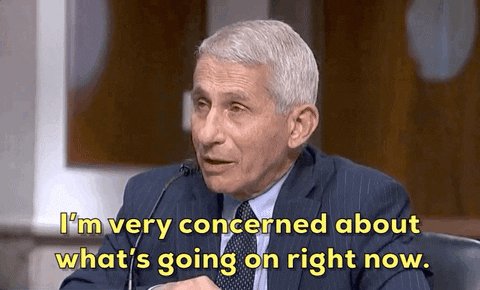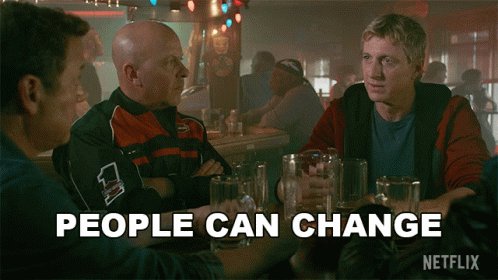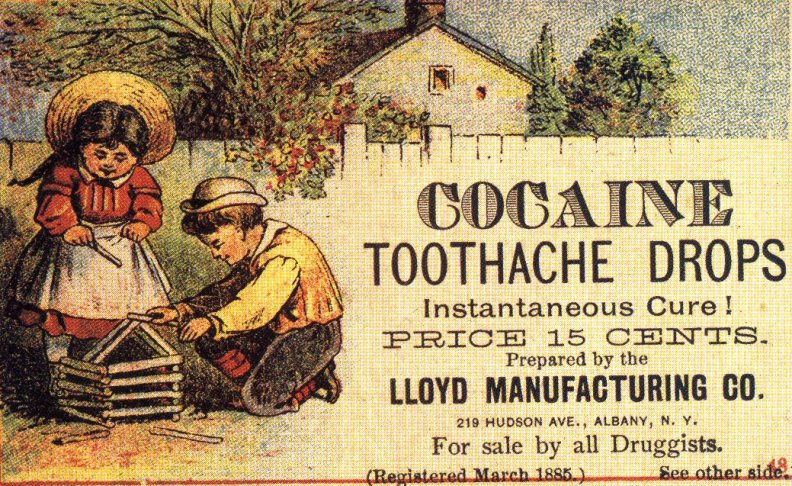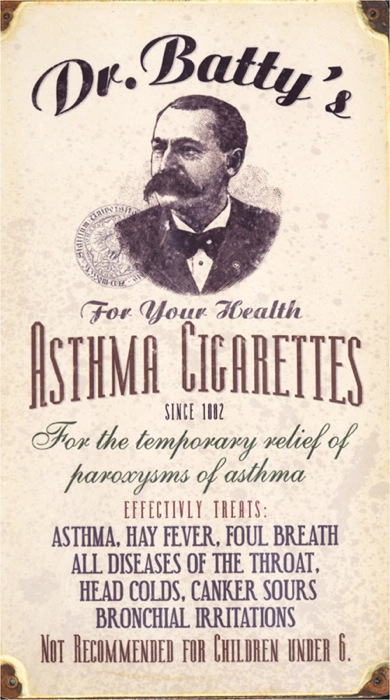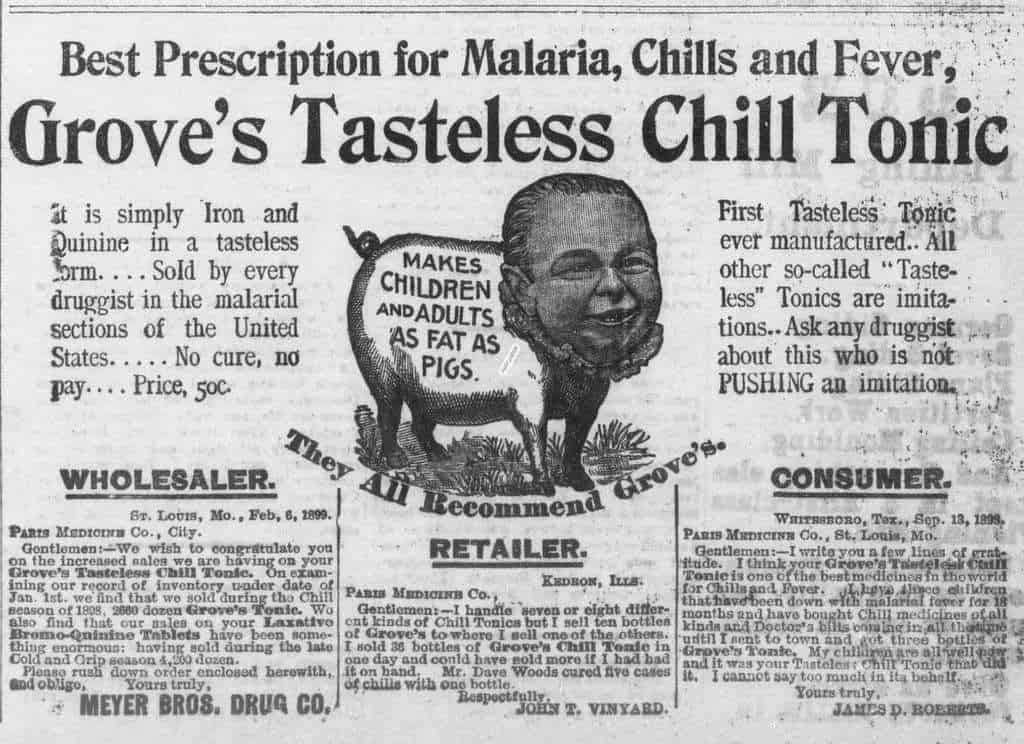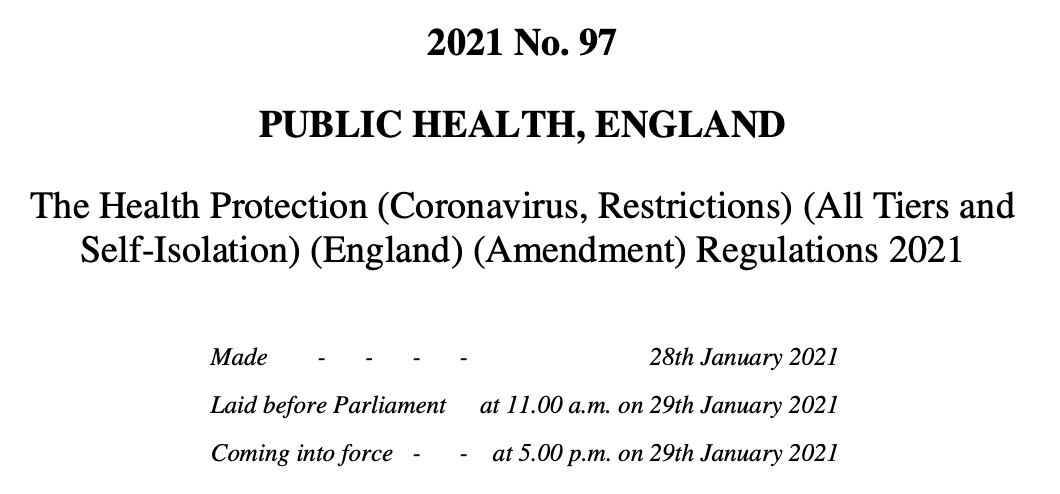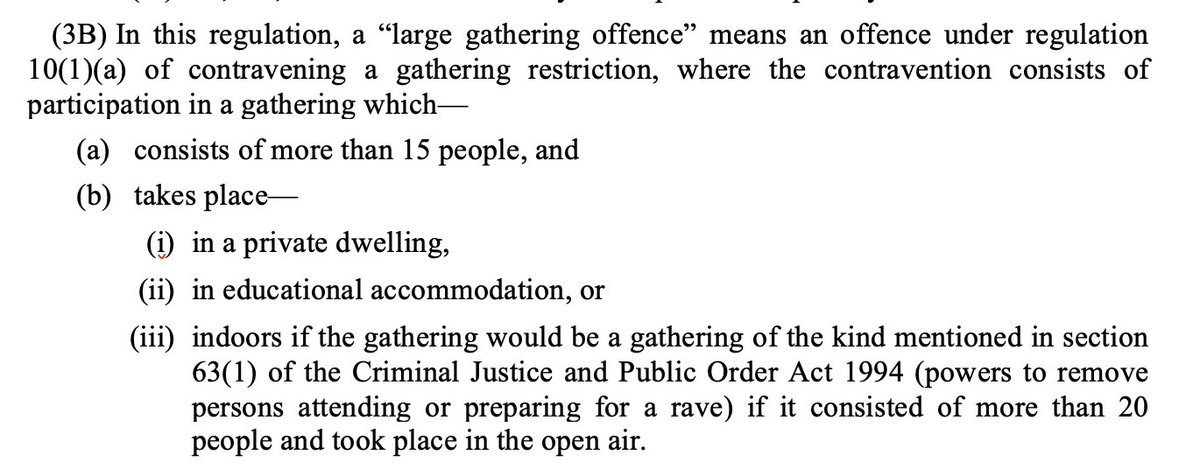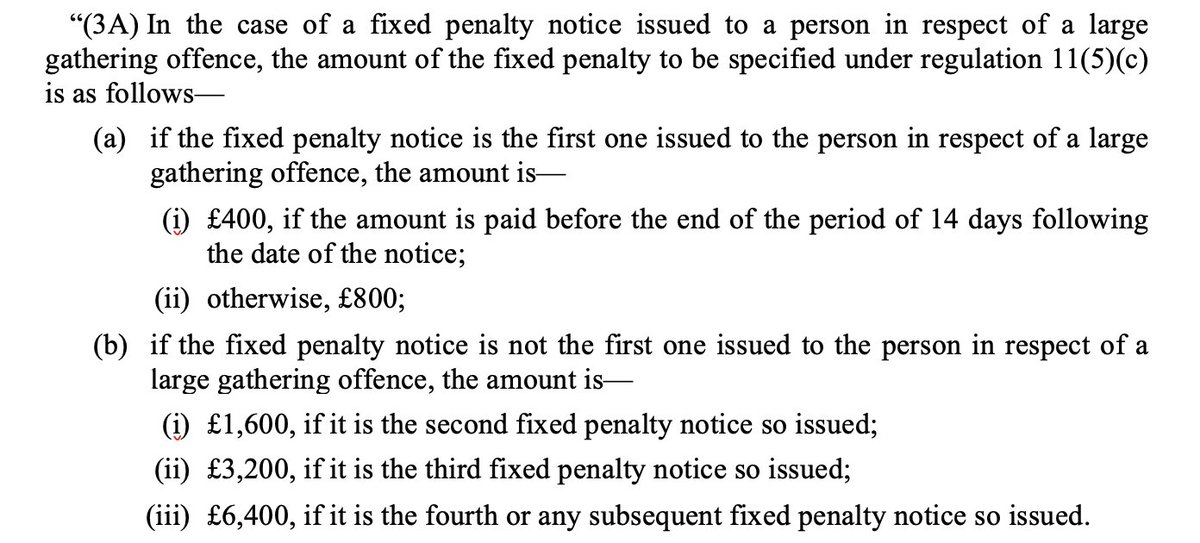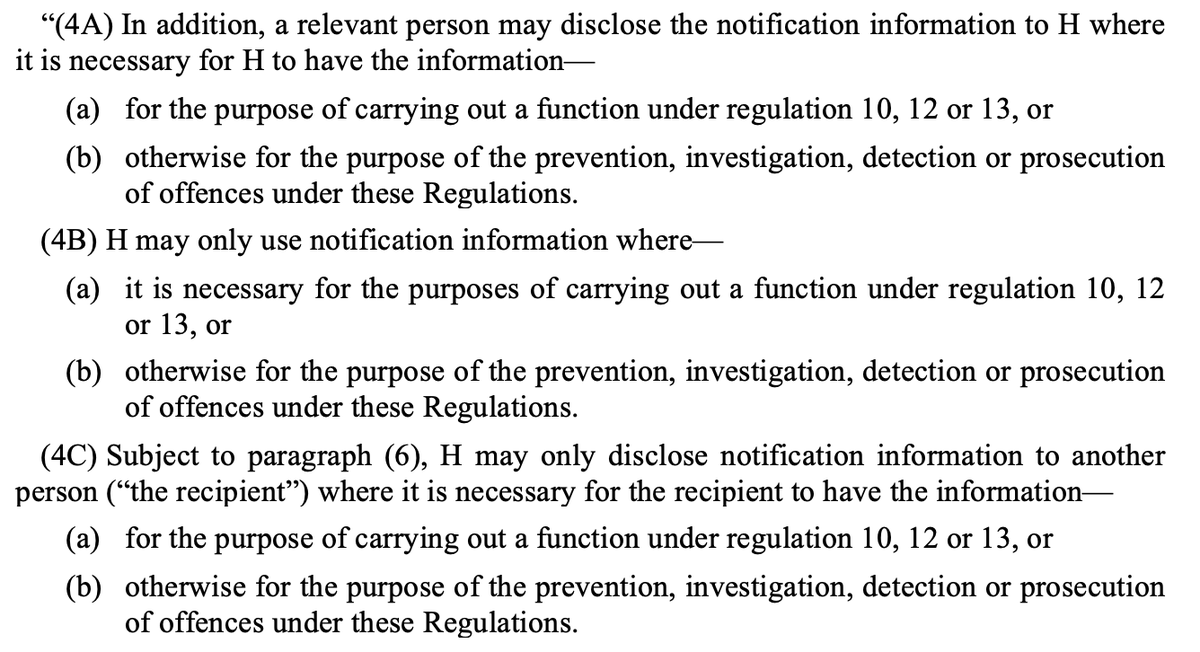2/ This week we’ll touch on the association of racial bias and burnout, prompted by
@FutureDocs thread last week reflecting on #DrSusanMoore and so many other victims of systematic disparities and racism.
https://t.co/t61vVYAoUP
3/ As a biostatistician, I think it’s interesting that in statistics “bias” is defined as a systematic error or deviation from the truth. This is worth reflecting upon as we debate whether racism and other biases are inherent in our systems – by definition, bias is systematic!
4/ Led by
@dyrbye, we published on racial bias and burnout last year. Collaborators included
@RRHDr @Ivuoma @bcunningMDPHD @van_ryn Association of Racial Bias With Burnout Among Resident Physicians
https://t.co/cm8JrLyzLO via
@JAMANetworkOpen part of
@JAMANetwork
5/ This report is part of the multisite longitudinal CHANGES study with
@van_ryn as PI. I’m hopeful that this amazing all-star team might have additional clarifying comments:
@dyrbye @RRHDr @Ivuoma @bcunningMDPHD
6/ We asked if symptoms of burnout might be associated with resident physicians’ implicit and explicit biases toward (against) black people. Of note, I am not capitalizing “black” here simply to align with the published text.
7/ Why might this association exist and why might it matter? Well, we know burnout is far too prevalent among health care professionals (
https://t.co/FKqQATkeV8) and that negative emotional states are associated with racial biases.
8/ The CHANGES study sampled first-year medical students in 2010-2011 from 49 US medical schools, with follow-up in 2014, 2016 (as PGY-2 residents), and 2017 (as PGY-3 residents). In the current study, we focused on data from nonblack physicians.
9/ Variables included burnout, depressive symptoms, a 0-100 feeling thermometer (FT) for explicit racial bias, and a -2 to +2 IAT for implicit racial bias. We looked at cross-sectional associations at PGY-2 and longitudinal patterns from PGY-2 to PGY-3.
10/ Key mean cross-sectional results:
FT score toward black people: 77.9
FT score toward white people: 81.1
IAT 0.4, favoring white people
11/ Increased burnout was a/w increased explicit bias against black people. Magnitude similar to the black-white overall difference, so pretty substantial.
12/ Increased depersonalization and overall burnout, but not emotional exhaustion, was associated with increased implicit bias against black people. Again, effect sizes were similar to the black-white overall difference, so their magnitude is …
13/ In the longitudinal analyses, biases improved from PGY-2 to PGY-3. Residents who recovered from burnout (burnout as PGY-2, not as PGY-3) had the greatest gain in mean FT score (reduction in explicit bias), nearly 5 points!
14/ We don’t know if these relationships are causal, or what factors may drive the observed changes. However, these data may suggest that efforts to reduce burnout might also help the fight against health care inequalities.
15/ Now,
@FutureDocs co-authored a very nice editorial adding further insights on this work and its implications.
Breaking the Cycle of Burnout and Bias in Resident Physicians
https://t.co/gRBMFWR8XF via
@JAMANetworkOpen part of
@JAMANetwork
16/ Some key points:
1⃣Unconscious and conscious biases are common, and we need to acknowledge them if we are to improve.
2⃣Burnout does not allow anyone to be their “best self”, and bias concerns appear to be no exception. Burnout may not cause bias, but rather unmask biases.
17/ 👇👇👇
3⃣“Intersectionality and the compounding nature of bias” across marginalized groups requires further attention.
4⃣Careful intervention studies are needed to learn what approaches best mitigate bias and its impacts.
18/ For many 2020 has been the year of #COVID19. We must not lose sight of a deeper truth – 2020 has laid bare deep systematic social injustices #blacklivesmatter. These were huge problems before COVID, but COVID has driven the wedge deeper and widened the gaps.
19/ We cannot truly address the impact of #COVID19 unless we demand efforts to advance social justice across all of society. As physicians, our commitment to public health requires that we be drivers of this change.
20/ Wishing you all an #MVP 2021 filled with Meaning, Values, and Purpose. Come back next week for more! /fin

